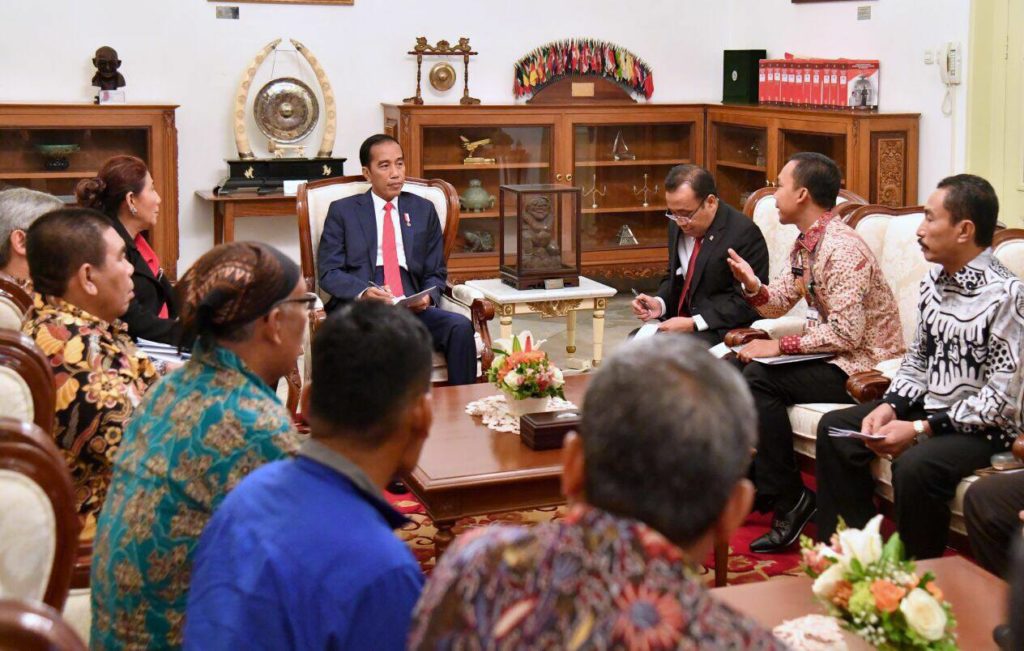On 12th December 2017, Pusat Studi Hukum dan Kebijakan Indonesia (PSHK) hosted a FKP seminar at Indonesia Jentera School of Law. PSHK or the Indonesian Foundation for Law and Policy Studies is an institution that intends to help drive efforts of legal reforms in Indonesia. In this session there are two speakers from PSHK which were M. Nur Sholikhin, who is going to talk about Achievements and Challenges in Regulation Reformations in Jokowi Era, and Gita Putri Damayana which speech titled “Legislation’s Data and Agenda: The Need for Data in Legislation Preparation”.
Nur Sholikhin as the first speaker first shared with the audience Jokowi-JK aims to reformed some regulations in Indonesia and their plans to achieve said goal. Such reformed is deemed necessary due to the alienating laws from too much laws that overlap and disharmonized with one another. The four main challenges in the attempts to reform regulations are ineffective supreme court judicial review, increasing desires for things to be directly regulated in laws, uncontrolled monitoring and evaluation information system for laws, and the elimination of government authority to cancel regional laws. On the other hand the various government bodies have achieved some results, namely BAPPENAS who has revoked 324 regulations and revised 75 others, Coordinating Ministry for Economic Affairs has deregulate 204 rulings, Ministry of Law and Human Rights has built database and evaluate their regulations, and lastly the Ministry of Home Affairs has cancelled 3143 regional laws.
In the second part of this session, Gita Putri Damayana started off with explaining the current government initiative regarding data in general. Then she elaborates on how important data is in legislation especially as it is needed to strengthen various legal or regulatory arguments. Afterwards she presents the main source of concerns which are the limited data use in enacted laws across 2016 and 2017. To end her session, she brought forward two main recommendations which are to push the use of data in the formulation of academic texts in governmental bodies and to make use of the momentum from policies and initiatives regarding data.





